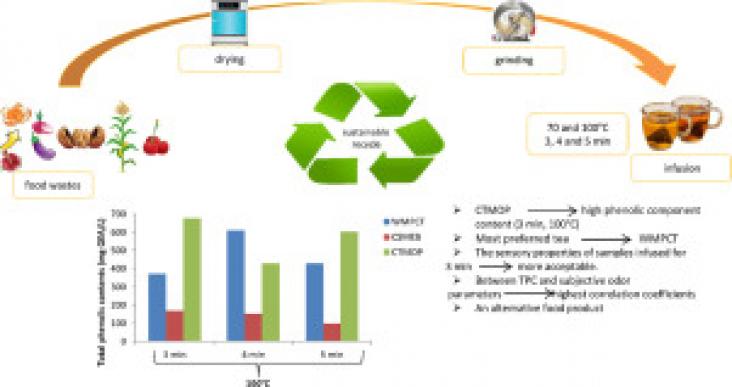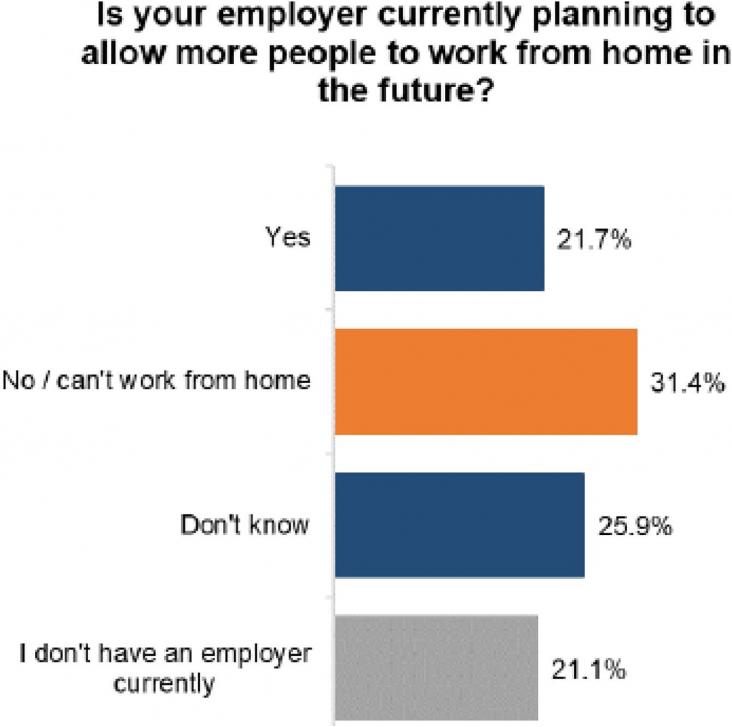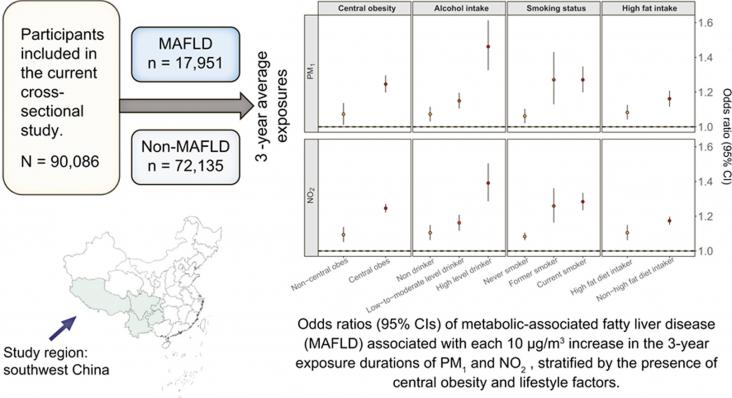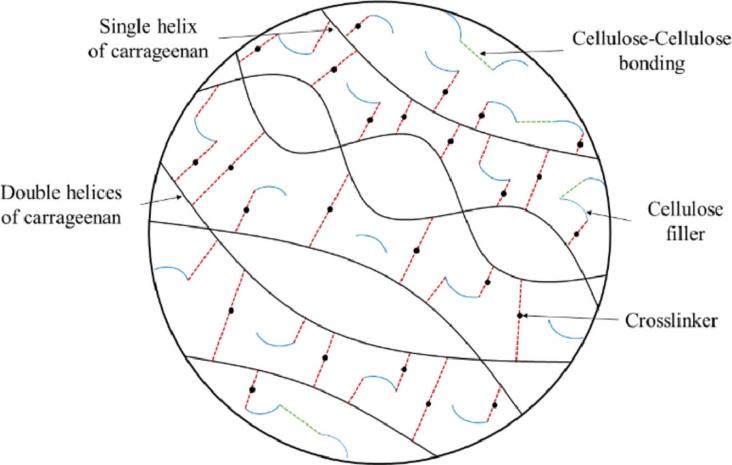This paper focuses on limiting food waste by measuring consumers' willingness to eat aging produce.
The predicted future climate change can be expected to have an impact on the biogeochemical conditions in pit lakes that must be considered when modelling pit lake water quality. Climate change might e.g., affect temperature and precipitation patterns, which can influence other factors such as water balance, hydrology, limnology, and biogeochemical prediction

This papers focuses on the reuse of food waste in tea for more sustainable food practices.
A review in support of SDGs 3 and 13, highlighting the need to link population-based mental health outcome databases to weather data for causal inference, and for greater collaborations between mental health providers and data scientists to guide the formation of clinically relevant research questions on climate change.
A Correspondence on the contribution of national public health institutes to tackling the climate crisis, in the context of SDGs 9 and 13, highlighting the development of a roadmap serving to strengthen the role of these institutes in mitigation and adaption policies.

Telecommuting has become a dominant professional experience for many Canadian business and workers due to the COVID-19 pandemic. Telecommuting has several benefits that are separate from COVID-19.

Background & Aims: Accumulating animal studies have demonstrated the harmful contribution of ambient air pollution (AP) to metabolic dysfunction-associated fatty liver disease (MAFLD), but corresp
Bioactive Compounds of Winery by-products: Extraction Techniques and their Potential Health Benefits
Applied Food Research, Volume 2, Issue 1, 2022, 100058
Winery by-products used for health benefits.
This study supports SDG 3 and 13 by quantifying the risk and attributable burden of hospitalisations for renal diseases related to ambient temperature, showing that this risk was positively associated with daily mean temperature and was more prominent in women, children aged 0–4 years, and older people aged ≥80 years. The findings highlight the need for the development of more policies to prevent heat-related hospitalisations and to mitigate climate change.

